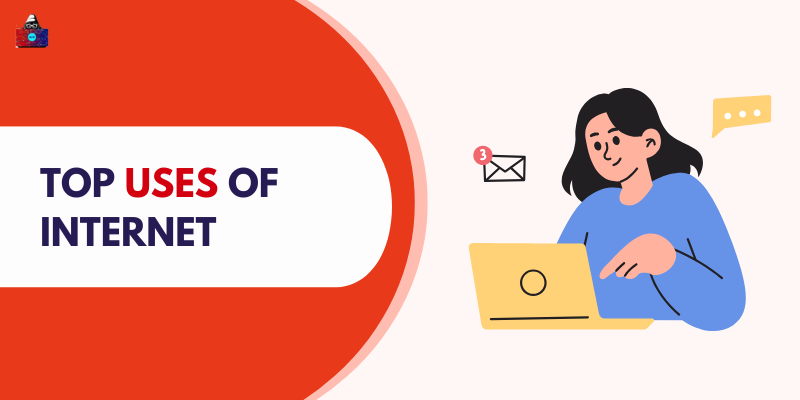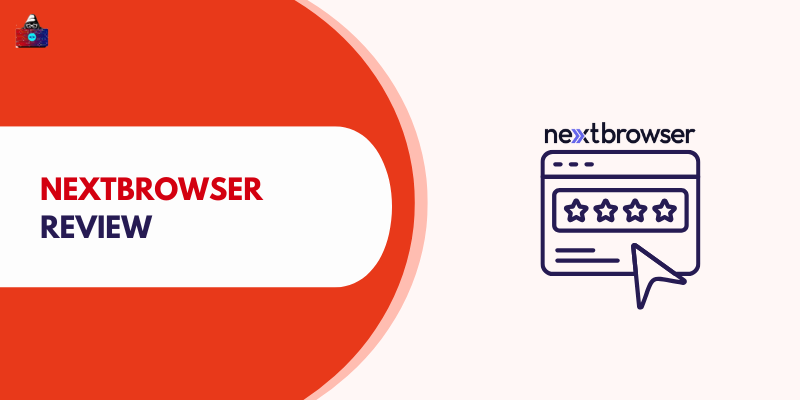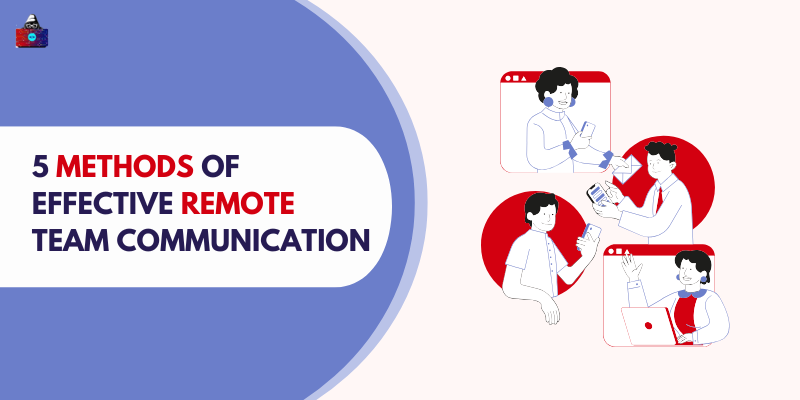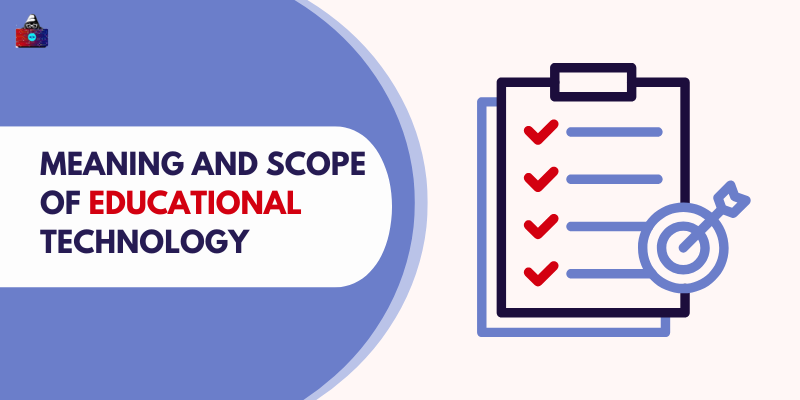We cannot imagine today's life without the internet, where everything is solely dependent on it. The internet has become one of the most powerful tools in our daily lives, whether it is shaping how we learn, work, communicate, or entertain ourselves in any way.
What started as research has now evolved into a crucial part of a global system that connects billions and millions of people together. Today, almost every aspect of life is touched by the internet in some way from online platforms and digital communications to e-commerce opportunities and streaming services online. Businesses thrive on digital marketing strategies like international reliance on cloud services. Even governments have embraced online services.
In today's article, we will explore the top uses of the internet while covering education, business, communication, and many other aspects. We will also consider the future of the internet and its importance in our daily lives.
Top 12 Uses of Internet
1. Education
The internet has just radically redefined the learning experience when it comes to offering online learning platforms like Coursera, Chronic Acne, and LinkedIn, which provide affordable and accessible education to learners worldwide. We have students who are no longer in need of being confined to the classrooms and instead can learn anything with online lectures, assessments, and many more.
We have access to e-books, academic journals, and online research resources. Interactive universities and schools use daily libraries and web-based systems to share knowledge with students efficiently as well. And if we talk more about online education, it supports many virtual classrooms, interactive simulations, and collaboration tools, which make learning more inclusive and flexible for all ages and backgrounds.
2. Business and Work
The internet has become one of the backbones when it comes to doing business online. Companies use digital platforms for marketing, branding, and customer interactions, which eventually reach the audience on a global scale. E-commerce helps businesses of all sizes to sell their products and services directly to customers worldwide.
If we talk about remote work, it has also flourished a lot when it comes to digital communication tools. There are many online conversation apps like Zoom, Slack, and Microsoft Teams, which help them to interact daily. These apps not only reduce and give us seamless collaboration, reducing any geographical barriers that they have, but also increase productivity as well. The cloud storage solution also allows the businesses to share and secure any document online and make their operations smoother and more efficient. The internet ensures that businesses can continuously grow, even in challenging circumstances.
3. Communication
One of the earliest and most impactful uses of the internet is communication. Emails and instant messaging became popular with the advent of the internet. There are many platforms like Gmail, WhatsApp, and Messenger that allow people to exchange information instantly and very cost-effectively. There are many social media platforms like Facebook, LinkedIn, Twitter, and Instagram that allow people to communicate, share photos and videos, and also track each other’s lives.
These tools have become powerful for any networking site, whether it is sharing updates, staying informed, or sharing any kind of news with your friends or audience. The social media benefits go even beyond any personal connections. It also supports business marketing and growth.
4. Entertainment
Online streaming services like Netflix, Spotify, Hotstar, and many others have revolutionized the entertainment industry. These are the platforms that allow you to listen, create content, and stream any show. In the past, series and DVDs were the only media.
The Internet has overcome any of the difficulties that people used to face in terms of media consumption. Online gaming has also become a major industry, connecting millions of players worldwide through many multiplayer platforms. Also, we can now watch many international events live with the internet like the IPL. Additionally, digital creativity not only empowers individuals to produce any kind of video, music, and art but also helps the creator to grow.
5. Shopping
Online marketplaces such as Amazon, Flipkart, and eBay have changed people's way of shopping by making it efficient. Customers can easily browse thousands of products and compare prices and also review and read any feedback that is related to a certain product.
The benefits of online shopping include convenience and access to a wide product range. Its one of the most loved features is instant delivery. Businesses also benefit by reaching a larger audience and offering a personalized experience. Mobile-friendly websites and online payment systems like PayPal and Google Pay are another way to make the shopping experience even more helpful and interactive.
6. Research and Information
The Internet is one of the vastest libraries of knowledge we have ever known. It not only offers you access to articles, news, and the Gantt database, but also helps you to go through open-source resources and platforms. There are platforms like Wikipedia and Google Scholar that make it even easier for you to learn and research certain topics.
Journalists and professionals use these digital tools to stay updated on real-time events and to compare them with historical data. Reliable information is very crucial when it comes to any decision-making. So whether it is healthcare, finance, or any other field, researching is crucial. With information just a few clicks away, the Internet has democratized knowledge and made research even more accessible for students and the general public.
7. Healthcare
The Internet has the upper hand when it comes to healthcare. Telemedicine is one of the biggest contributions of the Internet to healthcare. Here, a patient can easily consult a doctor remotely and use web calls, which not only reduces the need for a physical visit but also saves the patient's time. Websites and mobile apps are providing healthcare information like how many steps you should be walking on a certain day, what other treatments you should be following, and much more.
There are many kinds of wearable devices that also sync with the Internet. The health tracker app is very beneficial for your health. Digital transformation ensures that healthcare becomes even more accessible, efficient, and patient-focused in the upcoming days.
8. Banking and Finance
Online banking not only allows people to login and check their balances but also helps them to transfer funds, pay bills, or use physical vouchers. This saves their time and gives access to services just in a few clicks. It has made financial marketing even faster and more secure.
Digital payments through platforms like Paytm, Google Pay, PhonePe, and many more have certainly simplified any kind of transaction that needs to be done individually. There are payments that are contactless and have even more clarity in recent years, with the rise of fintech solutions. The Internet has created a much smarter financial system.
9. Government Services
The government provides any online application and services right now, making it even easier for citizens to apply for any kind of document, such as passports, licenses, etc. Digitalizing everything has made it very easy for citizens to save not only their time but also money.
Digital ID certification ensures that there is a process of verification on any kind of platform that requires identification. This digital government improves transparency and accessibility, strengthening the bond between the government and citizens.
10. Social Causes and Activism
The Internet is a very powerful tool when it comes to promoting awareness and any social cause. Awareness campaigns can be activated through Twitter and Instagram to quickly reach global audiences.
There are fundraising platforms that actively allow activists to donate and raise money for any cause. All invitations are also given to the citizens to demand charges.
11. Travel and Navigation
The travel industry thrives when it comes to online booking and also planning any kind of service. There are websites like Airbnb, LociTrip, and many more that allow people to plan their trips.
Booking hotels and reserving flights instantly enables people to know when they are going to reach and where they are going to stay on their trip. Maps and GPS services in Google Maps have made the navigation system more accurate and convenient for people. These features not only enhance travel experiences but also offer convenience for people.
12. Cloud Services and Storage
The Internet powers file storage and sharing through platforms like Google Drive, Dropbox, and OneDrive. These are the services that completely allow individuals to do business securely and access important documents from anywhere around the world.
There are many collaboration tools like Microsoft 365 that allow people to work together in real time, increasing productivity and reducing any dependency that they have on physical storage. Cloud solution is one of the backbones of any remote work and data backup. It helps businesses to connect with their employee work efficiently.
Future of Internet
If we talk about the future of the Internet, it has been shaping up to be faster, smarter, and more immersive than ever. With advancements in many fields like 5G, which is going to convert into a 6G network, the connectivity has become more seamless. This allows people to access the high-speed Internet even in the most remote corners of the entire world.
We can easily access any videos, streaming, and gaming and have real-time communication faster. Moreover, ultra-fast connections are going to power technologies such as autonomous vehicles, smart cities, and connected healthcare systems. If we talk about another aspect of the Internet's future, it is the rise of immersive technology like Metaverse, AR and VR. The Internet is becoming highly intelligent and personalized through AI tools and machine learning from having a customized e-commerce website to a chat box.
The Internet of tomorrow will adapt to users’ needs in real time and eventually offer smarter and more relevant content. Lastly, the Internet will continue to expand its role globally, from green technology innovation that reduces carbon emissions to a sustainable solution that can make healthcare even more accessible. Its integration with the Internet of Things (IoT) will make everyday devices even smarter. However, cybersecurity and digital literacy will continue to be the priorities that ensure the Internet remains safe and that power is used methodically.
Conclusion
As human beings living in the 21st century, we cannot imagine our lives without internet connectivity. The internet has become the foundation of modern society, impacting not only education but also various fields like business, communication, shopping, and beyond.
From e-commerce opportunities to digital communication tools and online streaming services, the internet is playing a vast and essential role by improving access to knowledge, simplifying tasks, and even fostering innovation.
However, we really need to acknowledge all kinds of challenges, like security and over-dependency. As technology evolves every day, every hour, and every second, the role of the internet is probably going to grow even stronger, shaping the future of human progress and interactivity.
Frequently Asked Questions
1. How does the internet improve productivity?
The Internet improves productivity in various ways through cloud tools and instant communication, which help you access any information quickly and efficiently.
2. What are the dangers of internet addiction?
There are many dangers when it comes to Internet protection. Excessive use of the Internet can affect your mental health directly, reduce your focus, and lead to dependency.
3. How does internet speed affect usage?
Higher-speed Internet enables a smooth media quality stream for downloads and many more advantages.
4. Can the internet reduce paper usage?
Yes, online applications and digital documents can reduce paper usage.
5. How secure is online banking?
Online banking is generally secure with encryption and two-factor authentication, but you should always be vigilant while using these platforms.




